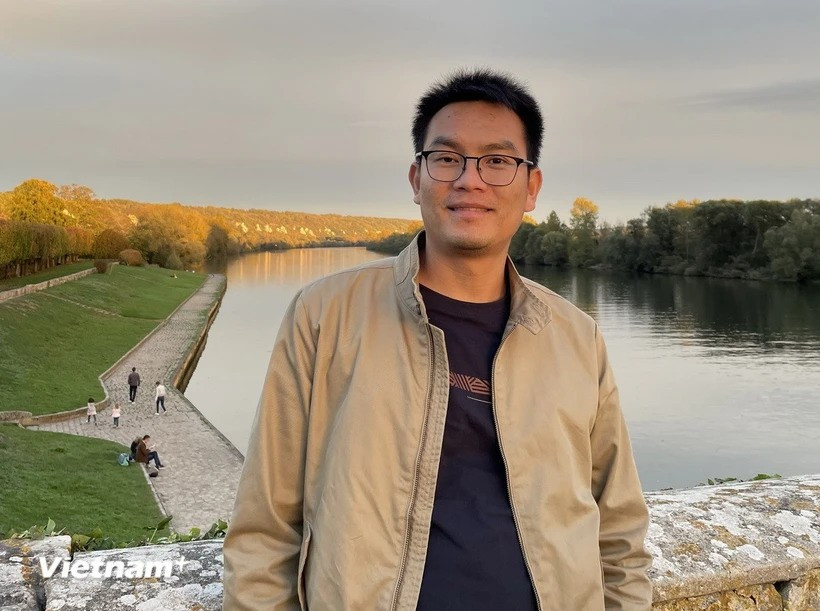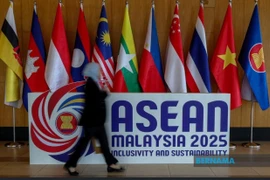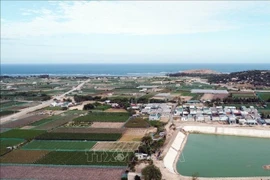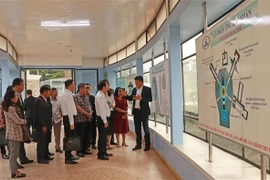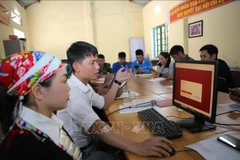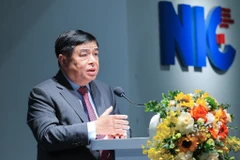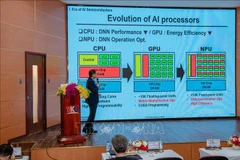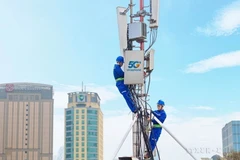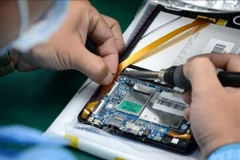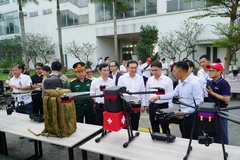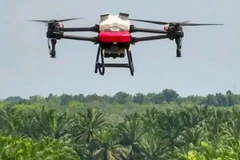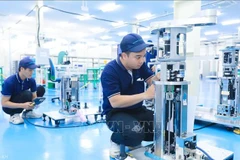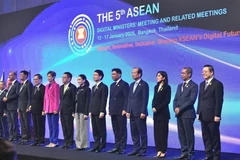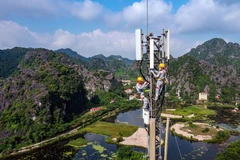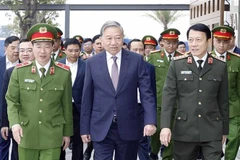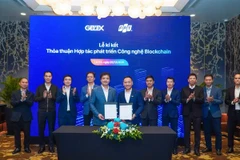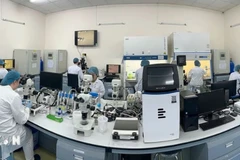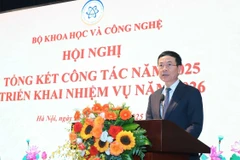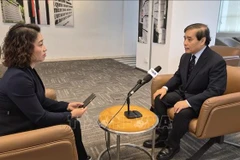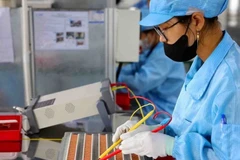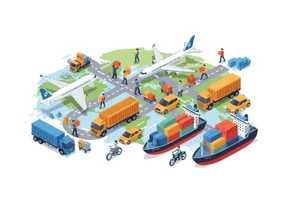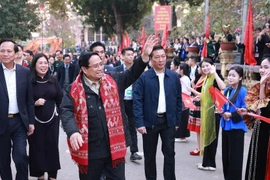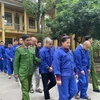Paris (VNA) – As the 15th Vietnamese National Assembly's 9th session is to discuss the amended Atomic Energy Law, Vietnamese experts, who have participated in France's major nuclear projects, have suggested a transformative approach to the country’s nascent nuclear power project.
These seasoned professionals shared their insights with the Vietnam News Agency (VNA)'s reporter in Paris, expressing a deep commitment to advancing the homeland’s nuclear project.
It’s time to change public awareness of nuclear energy, said Duong Thanh Nam, a lead engineer of the EPR2 nuclear reactor project under France’s Électricité de France (EDF).
According to Nam, mastering nuclear technology is as much a societal challenge as a technical one. With nearly a decade of industry experience, he underlined the exacting standards required in nuclear construction, where every component, from screws to wiring, must meet the highest precision. For Vietnam, this presents both a challenge and an opportunity to upgrade its supporting industries.
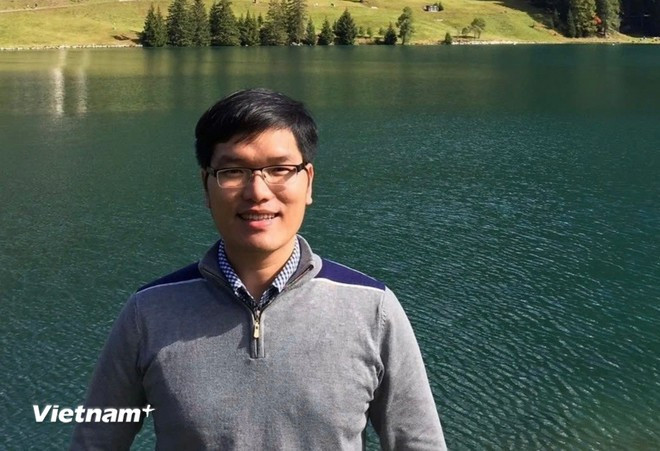
The issue of radioactive waste, often overshadowed by the focus on reactors, emerged as a critical concern. Dr. Vu Minh Ngọc, an award-winning geoscientist leading geomechanical research at France’s national nuclear waste institute, described waste management as the linchpin of the nuclear fuel cycle. “It’s about protecting both present and future generations,” he said.
Ngọc pointed to deep geological storage in formations like clay, granite, or salt as the gold standard in advanced nations. For Vietnam, entering the field later, he saw a chance to leverage global research and local geology to build such facilities at a fraction of tens of billions of USD typically required.
For senior engineer Bui Nguyen Hoang, workforce readiness is another pressing issue. With over 15 years of experience designing and managing nuclear plant projects in both Europe and Asia, he noted a strong desire among overseas Vietnamese engineers to return home and contribute directly to project management and quality control.
He estimated that nearly 100 Vietnamese and Vietnamese-origin engineers in Europe’s nuclear sector could play a key role in policy consultation and design validation, provided Vietnam offers supportive policies and a professional environment to lure them back.
Dr. Nguyen Thuong Anh, President of the Vietnamese Association of Civil Engineering, Mechanics and Materials in France, stressed the need for disaster-resilient infrastructure. Representing nearly 500 Vietnamese professionals in France’s construction sector, including around 50 nuclear experts, he urged Vietnam to adopt rigorous safety measures: seawalls at least 12m high, nuclear plants sited 20m above sea level, and structures designed to withstand powerful earthquakes.
Experts also recommended the integration of digital and AI technologies from the outset. Smart sensors, big data-driven disaster forecasting, and seismic detection systems within plants could drastically improve safety and responsiveness. Investing in these systems from the design phase, they added, would not only boost safety but also deliver long-term economic benefits, potentially slashing insurance premiums by 30-50% if safety standards are met./.
